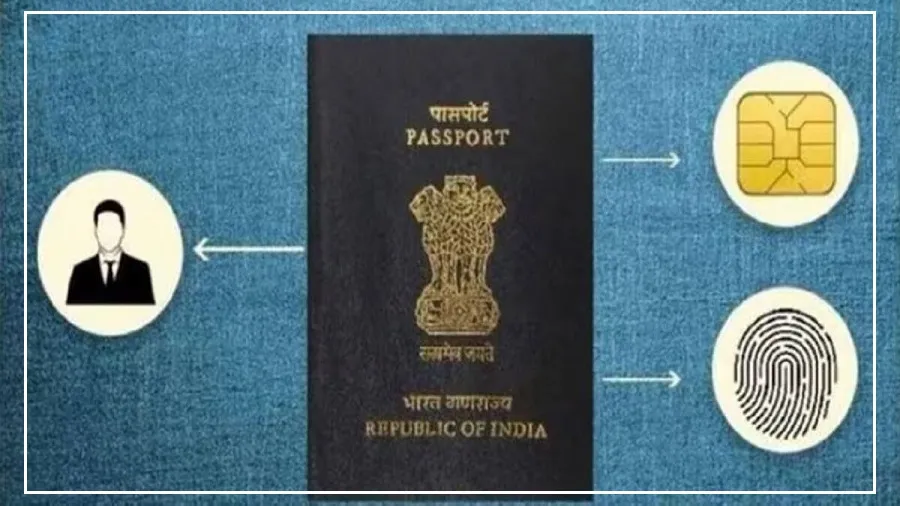The Indian government has revealed that 2,06,378 Indians renounced their citizenship in 2024, continuing a trend seen over the past several years.
Minister of State for External Affairs Kirti Vardhan Singh shared this information in the Lok Sabha,
stating that although some people are concerned about the trend, the reasons for renouncing citizenship are personal and can differ from person to person.
Citizenship Renunciation on the Rise
A comparison over the past decade shows a clear rise in the number of people giving up Indian citizenship.
In 2011, the figure was 1,22,819, and by 2014, it was 1,29,328.
From 2020 onwards, the numbers increased significantly:
- 2020 – 85,256
- 2021 – 1,63,370
- 2022 – 2,25,620
- 2023 – 2,16,219
This sharp rise reflects factors like increased global mobility, better career prospects abroad, and changing lifestyle preferences.
Government’s View on the Indian Diaspora
The Ministry of External Affairs emphasized that Indians living abroad should be seen as a strategic asset.
In today’s knowledge-driven world, overseas Indians contribute to global business, investments, innovation, and culture.
The government is working to strengthen its ties with the diaspora, aiming to use their skills and networks to support India’s development.
Indian Community Worldwide
Government data shows the global Indian population is 3,43,56,193, which includes:
- 1,71,81,071 Persons of Indian Origin (PIOs)
- 1,71,75,122 Non-Resident Indians (NRIs)
This wide global presence highlights India’s influence in sectors like technology, healthcare, business, and education.
Why People Renounce Indian Citizenship
Though the government does not provide official reasons, experts suggest key factors include:
- Better job and business opportunities
- Higher quality of life abroad
- Educational prospects for children
- Easier international travel
- Laws in some countries that don’t allow dual citizenship
In many cases, people are required to surrender their Indian passport when they accept another nationality.

























